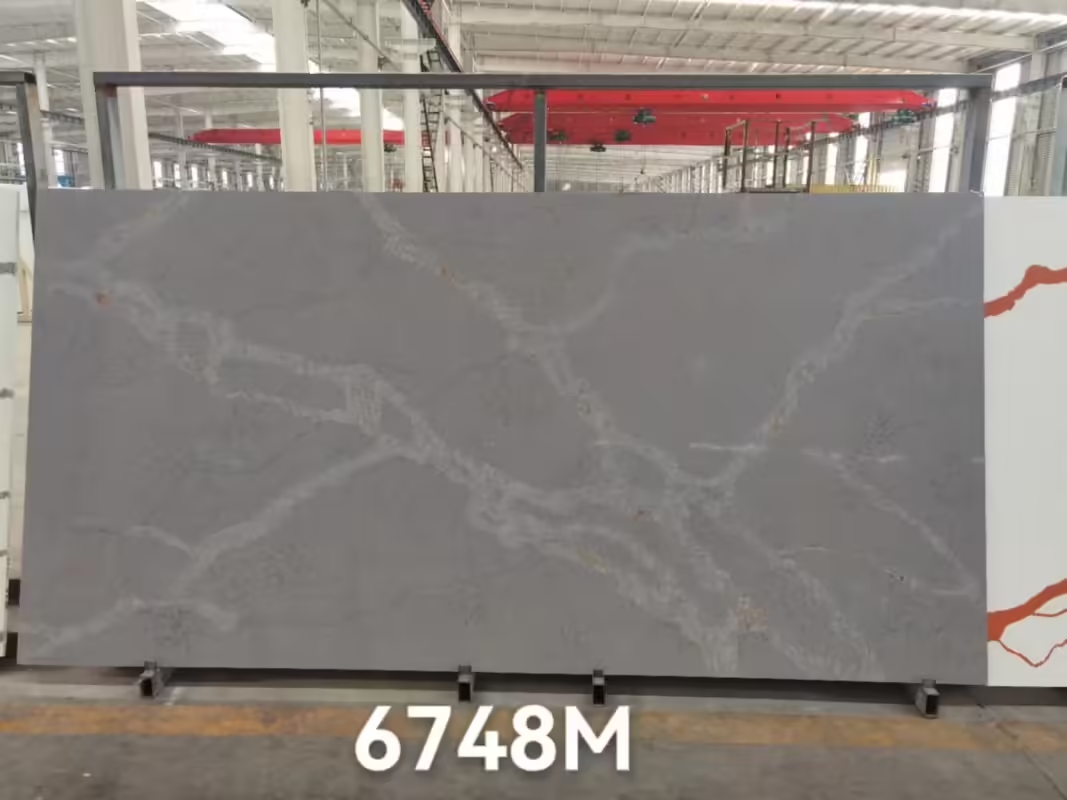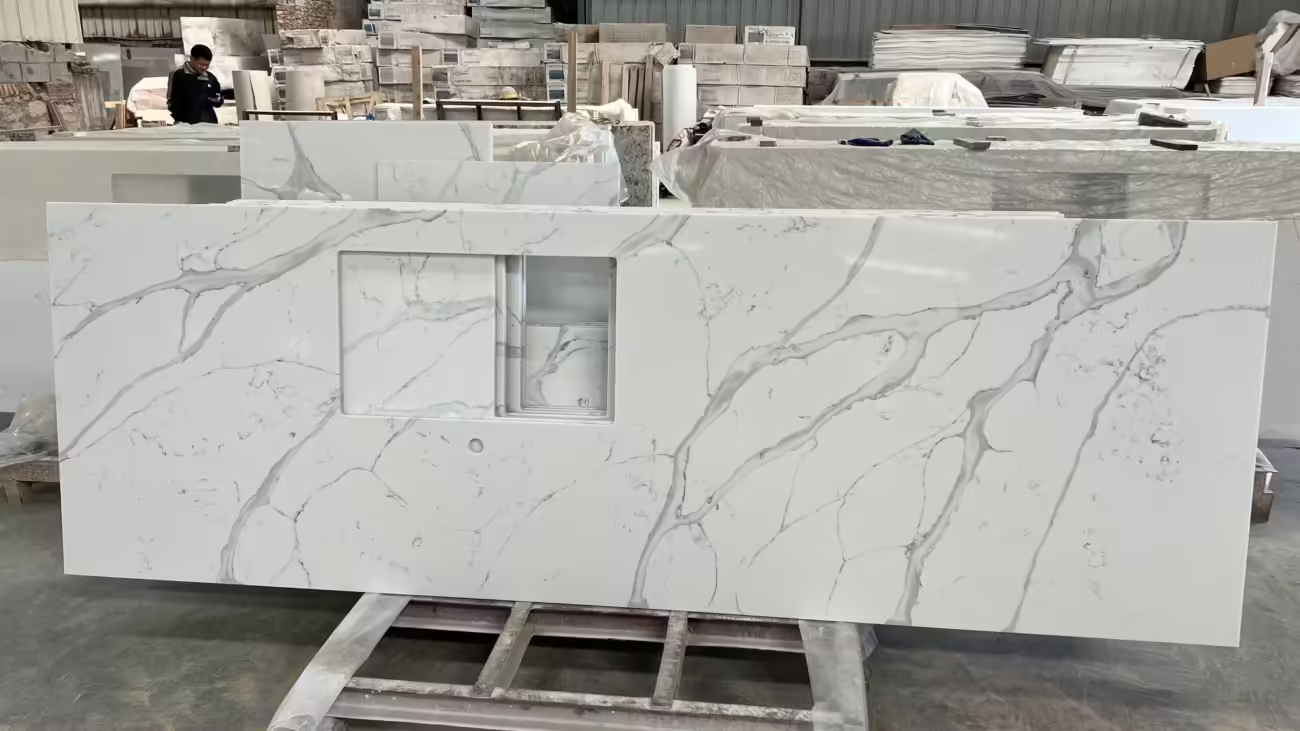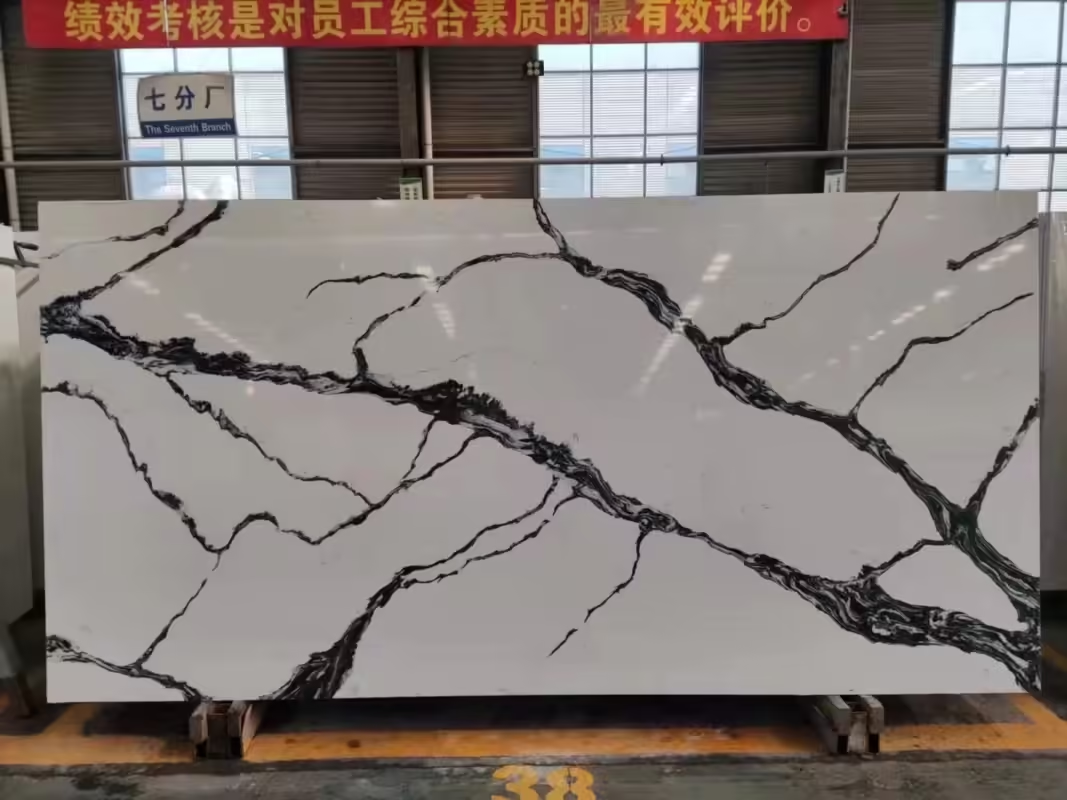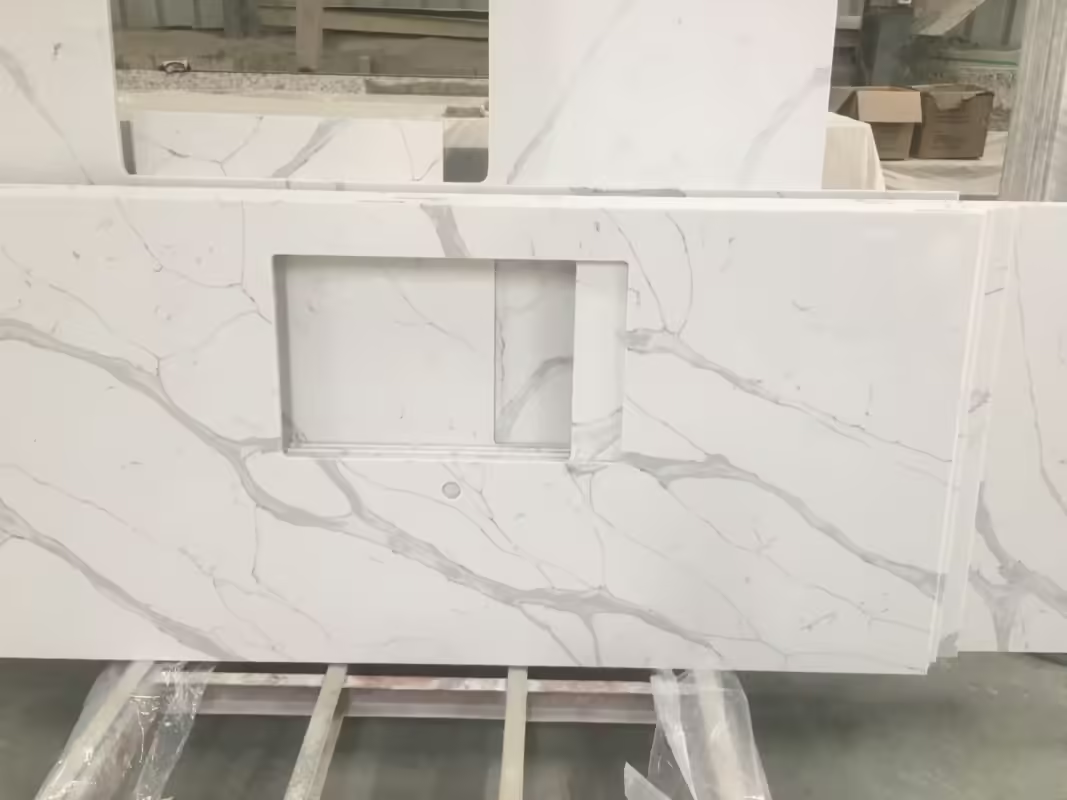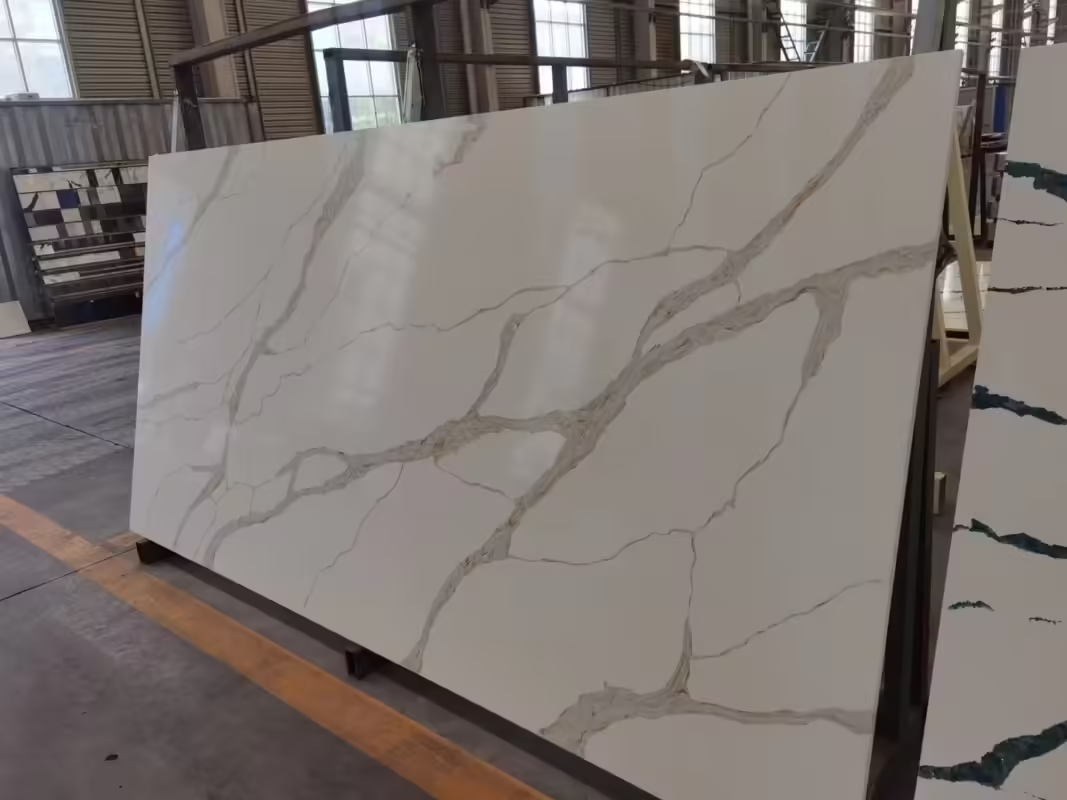Blog
Stain Resistance Face-off: Artificial Quartz Stone vs. Limestone
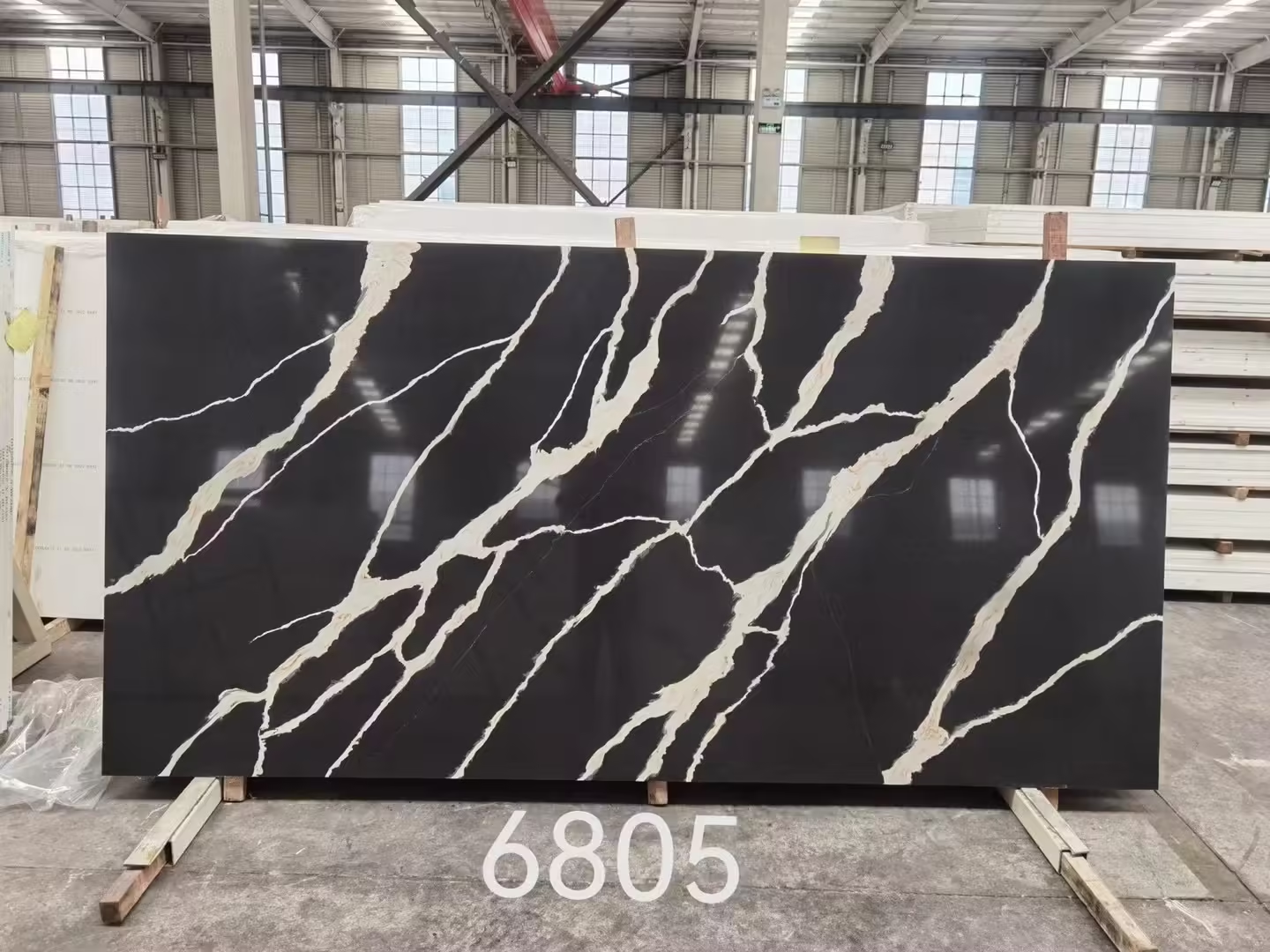
Choosing the right material for countertops or flooring often comes down to durability and maintenance, especially resistance to staining. When comparing artificial quartz stone with limestone, several factors influence their performance.

Artificial Quartz Stone:
- Composition: Made from natural quartz and polymer resins, artificial quartz is inherently non-porous, which means it does not absorb liquids.
- Stain Resistance: Due to its non-porous nature, artificial quartz is highly resistant to staining. Spills can be wiped away without leaving any residue or discoloration.
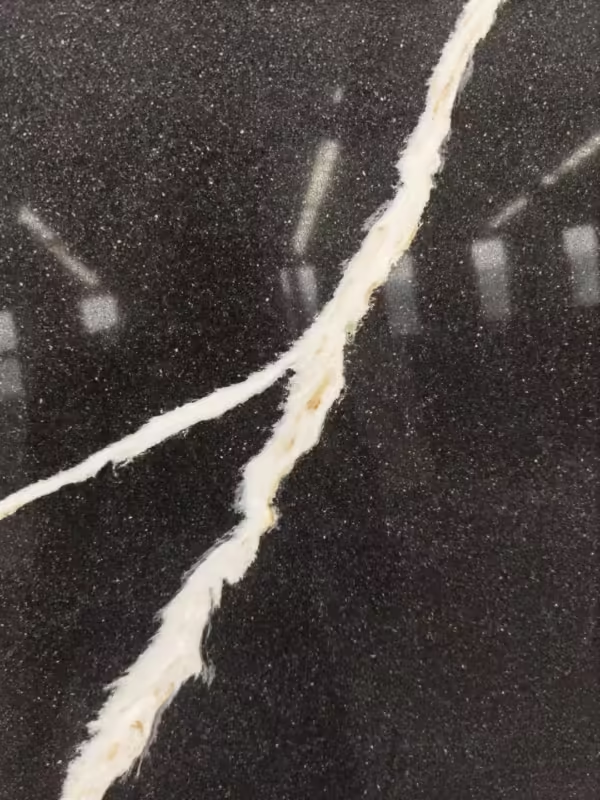
Limestone:
- Composition: Limestone is a natural sedimentary rock primarily composed of calcite. It has a porous structure, which can absorb liquids if not sealed properly.
- Stain Resistance: Limestone is susceptible to staining, especially from acidic substances, which can penetrate its surface if it is unsealed or the sealant wears off.
Conclusion: For areas prone to spills and stains, artificial quartz stone is the superior choice over limestone. Its excellent stain resistance makes it particularly suitable for kitchen and bathroom installations, where durability and low maintenance are paramount.


